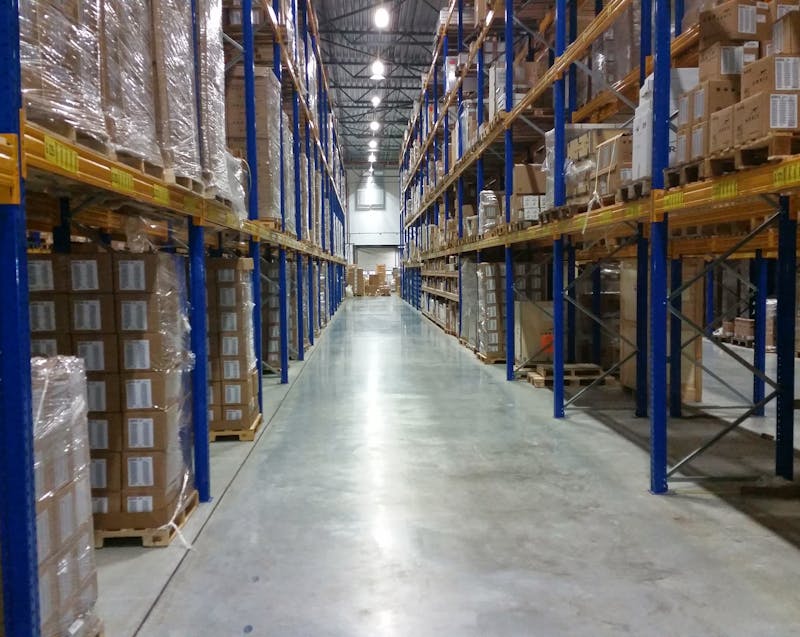
Facilities management is a multifaceted discipline that plays a crucial role in the efficient operation of buildings and the well-being of their occupants. Facilities managers, often regarded as the unsung heroes of organizations, work diligently behind the scenes to create environments that are not only safe but also conducive to productivity. Their responsibilities encompass a wide range of tasks that ensure smooth operations, from maintenance and health and safety compliance to space optimization and sustainability initiatives.
Maintenance Management: The Heart of Facilities Management
One of the most fundamental responsibilities of a facilities manager is maintenance management. This involves overseeing the upkeep of a building’s infrastructure, which includes critical systems like heating, ventilation, and air conditioning (HVAC), plumbing, electrical systems, and structural components.
Regular maintenance is essential to prevent breakdowns that could lead to costly repairs and disruptions in operations.
Facilities managers develop and implement preventive maintenance schedules, coordinate repairs, and respond swiftly to emergencies, such as equipment failures or power outages. For instance, if the HVAC system malfunctions during a heatwave, the facilities manager must act quickly to restore comfort and prevent productivity losses. This proactive approach to maintenance not only ensures the functionality of the facility but also fosters a safe and comfortable environment for its occupants.
Health and Safety Compliance: A Top Priority
Health and safety compliance is another critical area of responsibility for facilities managers. They are tasked with ensuring that buildings adhere to relevant safety regulations and standards, protecting both occupants and the organization from potential risks. This responsibility includes conducting regular safety inspections, maintaining fire safety equipment, and ensuring that emergency exits are accessible and clearly marked.
Facilities managers must stay updated with the latest health and safety legislation to ensure ongoing compliance. For example, during a fire drill, the facilities manager coordinates the evacuation process, ensuring that all occupants are aware of procedures and that the building’s safety systems function as intended. By prioritizing health and safety, facilities managers create environments where employees feel secure and are better able to focus on their work.
Effective Space Management
Effective space management goes beyond simply arranging desks and chairs; it involves optimizing the use of space to support the organization’s goals and enhance occupant well-being. Facilities managers are responsible for planning and managing the allocation of space within the building, whether it’s an office, manufacturing plant, or hospital.
They must consider factors such as workflow, accessibility, and the changing needs of the organization. For example, as companies adopt hybrid work models, facilities managers may need to reconfigure office spaces to accommodate flexible work arrangements. By managing space effectively, facilities managers contribute to a productive environment that enhances collaboration and efficiency.
Vendor and Contractor Management
Another key aspect of a facilities manager’s role is vendor and contractor management. Facilities managers often collaborate with external vendors and contractors who provide essential services, such as cleaning, security, and catering. Effective management of these relationships is crucial to maintaining high service standards and ensuring that contracts are fulfilled according to agreed-upon terms.
Facilities managers negotiate contracts, oversee the quality of work, and ensure that vendors comply with health and safety regulations. For instance, when hiring a new cleaning service, the facilities manager must ensure that they understand the building’s requirements, adhere to schedules, and maintain the expected level of cleanliness. This attention to detail helps create a safe and healthy environment for occupants, contributing to overall productivity. Many organizations in the UK rely on a facilities management service provider in the UK to support these essential functions.
Sustainability Initiatives
In today’s environmentally conscious world, sustainability is an increasingly important responsibility for facilities managers. They are tasked with implementing practices that reduce the building’s environmental impact, such as energy-saving measures, waste reduction initiatives, and sustainable sourcing of materials.
Facilities managers must stay informed about the latest sustainability trends and technologies to continuously improve the building’s environmental performance. For example, retrofitting a building with energy-efficient LED lighting not only reduces electricity consumption but also aligns with the organization’s broader sustainability goals. By prioritizing sustainability, facilities managers help organizations reduce their carbon footprint while fostering a sense of corporate responsibility.
Crisis Management and Communication
A facilities manager’s expertise is especially evident during crises. Consider a sudden power outage during working hours; the facilities manager must quickly assess the situation, coordinate with the maintenance team to identify the cause, and communicate with occupants to keep them informed. In some cases, temporary power solutions like generators may need to be deployed to maintain critical operations.
The ability to manage such crises efficiently is a testament to a facilities manager’s preparedness and adaptability. Their swift actions not only minimize disruptions but also reassure occupants, allowing them to focus on their work without undue stress.
Conclusion
In summary, facilities managers are integral to the success of any organization. Their diverse responsibilities, ranging from maintenance and health and safety compliance to effective space management and sustainability initiatives, ensure that environments are safe, functional, and conducive to productivity.
In the UK, many organizations rely on facilities management service provider in UK to support their operational needs, leveraging the expertise of facilities managers to create optimized working environments. By balancing a wide range of responsibilities while adapting to new challenges and opportunities, facilities managers continue to play a vital role in today’s fast-paced and ever-changing work environments.
.




